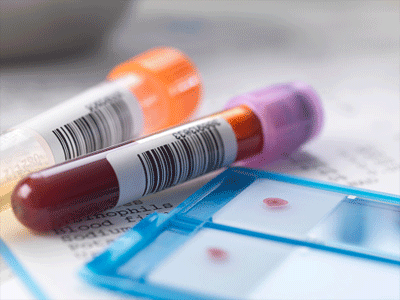Scientists have developed a new blood test that may detect multiple diseases, including diabetes, cancer, traumatic injury and neurodegeneration, in a highly sensitive and specific manner.
The novel method, developed in a series of experiments involving 320 patients and controls, infers cell death in specific tissue from the methylation patterns of circulating DNA that is released by dying cells.
Cell death is a central feature of human biology in health and disease, according to researchers led by Ruth Shemer and Yuval Dor from The Hebrew University of Jerusalem, and Benjamin Glaser from Hadassah Medical Centre.
It can signify the early stages of pathology (Eg: a developing tumour or the beginning of an autoimmune or neurodegenerative disease), mark disease progression, reflect the success of therapy (EG:anti cancer drugs), identify unintended toxic effects of treatment and more.
However to date, it is not possible to measure cell death in specific human tissues non-invasively.
The new blood test detects cell death in specific tissues by combining two important biological principles. First, dying cells release fragmented DNA to the circulation, where it travels for a short time.
The second principle is that the DNA of each cell type carries a unique chemical modification called methylation.
Methylation patterns of DNA account for the identity of cells (the genes that they express), are similar among different cells of the same type and among individuals, and are stable in healthy and disease conditions.





